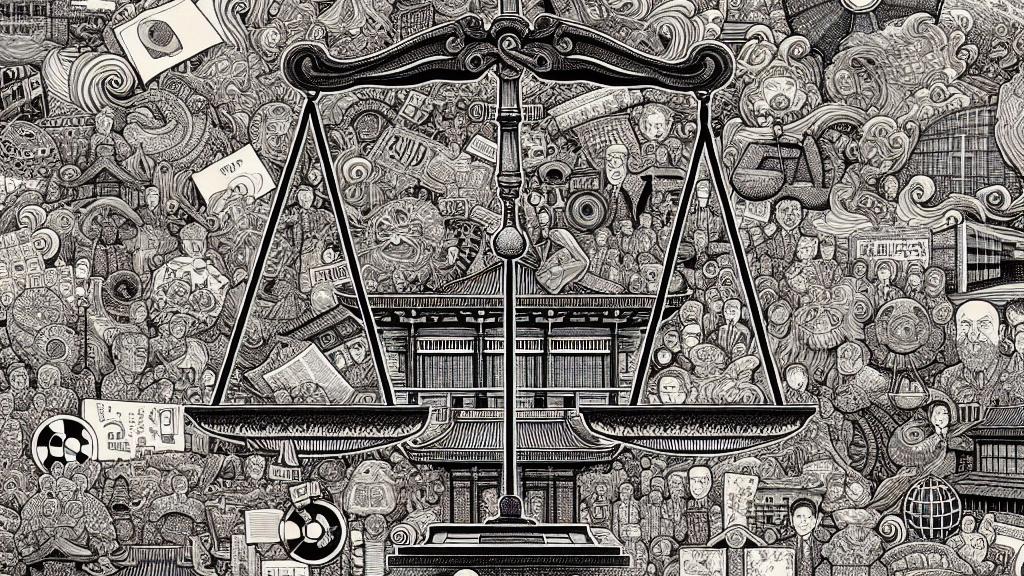Summary of Reactions to the Shiga Medical University Student Acquittal
Overview
- A comprehensive analysis of the shocking acquittal of a Shiga Medical University student.
- Public outcry reflects growing concerns over judicial fairness and transparency.
- Insightful commentary from legal experts highlights serious implications for the justice system.

The Context of the Acquittal
In the picturesque region of Shiga, Japan, a seismic shift occurred within the legal realm that has captivated and alarmed many. A student from the prestigious Shiga Medical University was unexpectedly acquitted by the Osaka High Court, a dramatic turn from previous court decisions linked to serious allegations against him. This ruling wasn’t just a local issue; it sent shockwaves through the entire country, drawing attention to the reliability of judicial processes. As discussions erupted across social media, legal experts began questioning the integrity of the original trial. They noted that key evidence was inadequately considered or entirely ignored, which raises serious doubts about the fairness of the judicial proceedings. For example, eyewitness testimonies that could have illuminated vital details were dismissed without just cause, leading many to wonder how such critical oversights could have happened in a system designed to uphold justice.
Public Reaction and Concerns
In the wake of the acquittal, an overwhelming wave of public reaction unfolded, marking a striking display of collective frustration. Social media, particularly Twitter, served as a platform where many expressed their disbelief, questioning how the legal system could have reached such a controversial conclusion. Comments like 'This verdict raises serious questions about justice!' echoed throughout various threads, encapsulating the sentiments of a worried public. Concerns centered around potential biases and failures within the judicial framework, suggesting that the system may have prioritized procedural norms over substantive justice. Many individuals shared stories of similar experiences where evidence was disregarded, thereby intensifying calls for greater transparency and accountability in court decisions. The overarching theme of these sentiments emphasizes a desperate need for reforms aimed at ensuring that all voices, especially those of victims, are heard and respected in the judicial process.
Insights from Legal Professionals
As the dust settled from the ruling, legal professionals delved deeply into its implications, offering critical insights that are both illuminating and concerning. They highlighted glaring flaws in the original court's approach to evaluating witness credibility and handling pivotal evidence, which some argued fundamentally shifted the trial's outcome. Several attorneys praised the High Court's thorough reevaluation of previously dismissed information, emphasizing that it could serve as a critical turning point for future cases. For instance, they pointed out that the thorough analysis of video evidence and communications was sorely lacking in the earlier trial. Such examinations could potentially become a standard practice moving forward. Legal analysts passionately advocated for a system that prioritizes fairness and rigor in evaluating sensitive cases, asserting that the Shiga case should ignite a broader discussion on judicial reform. This incident reveals not just the necessity for a fair trial but also the importance of public perception in maintaining trust in the legal system.

Loading...